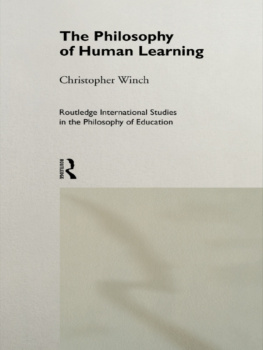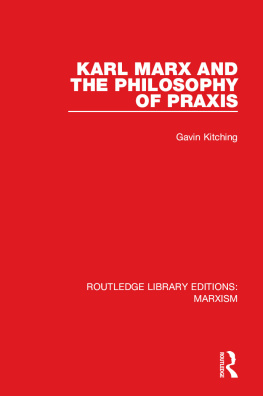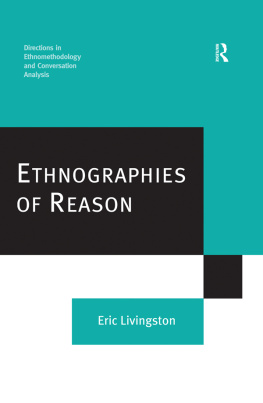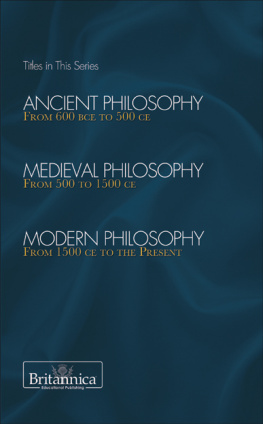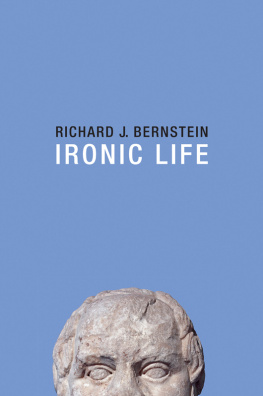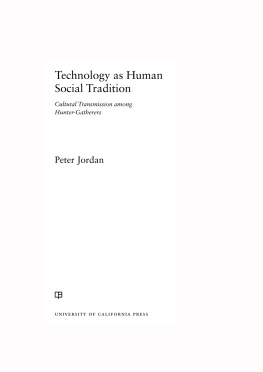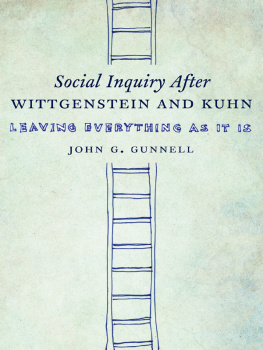First published 1998
by Routledge
11 New Fetter Lane, London EC4P 4EE
Simultaneously published in the USA and Canada
by Routledge
29 West 35th Street, New York, NY 10001
1998 Christopher Winch
Routledge is an imprint of the Taylor & Francis Group
This edition published in the Taylor & Francis e-Library, 2006.
To purchase your own copy of this or any of Taylor & Francis or Routledges collection of thousands of eBooks please go to www.ebookstore.tandf.co.uk/.
All rights reserved. No part of this book may be reprinted or reproduced or utilised in any form or by any electronic, mechanical, or other means, now known or hereafter invented, including photocopying and recording, or in any information storage or retrieval system, without permission in writing from the publishers.
British Library Cataloguing in Publication Data
A catalogue record for this book is available from the British Library
Library of Congress Cataloguing in Publication Data
Winch, Christopher.
The philosophy of human learning/Christopher Winch.
p. cm.
Includes bibliographical references and index.
1. Learning. 2. LearningPhilosophy. I. Title.
LB1060.W56 1998
153.15dc21 9728095
ISBN 0-203-03010-9 Master e-book ISBN
ISBN 0-203-17238-8 (Adobe e-Reader Format)
ISBN 0-415-16190-8 (Print Edition)
THE PHILOSOPHY OF HUMAN LEARNING
This study addresses current concerns with the nature of human learning from a distinctive philosophical perspective. Using insights derived from the work of Wittgenstein, it mounts a vigorous attack on influential contemporary accounts of learning, both in the romantic Rousseauian tradition and in the scientific cognitivist tradition. These two schools, the author argues, are more closely related than is commonly realised.
The book examines the early modern and enlightenment origins of contemporary learning theory before developing an original, socially-based perspective, which challenges the excessive individualism of most work in this area. Professor Winch covers a wide range of topics. These include: training, contemporary representationalist accounts of the mind and their implications for our understanding of learning, developmental theory, language learning, concept formation, memory, attention, later learning, and, in several chapters, learning in moral, religious and aesthetic contexts. The author shows that learning pervades all aspects of our lives and that in order for us to understand it in all its variety and complexity, we must go beyond the narrow perspectives of most empirical psychological study.
The Philosophy of Human Learning will be of interest to all who have a professional interest in learning, including psychologists as well as philosophers, of education.
Christopher Winch is currently Professor of Philosophy of Education at Nene College, Northampton, UK. He has taught in primary schools and in higher education. Among his publications are Language, Ability and Educational Achievement (1990), Reading, Writing and Reading (with Gavin Fairbairn) (1991, 1996), and Quality and Education (1996).
ROUTLEDGE INTERNATIONAL STUDIES IN THE PHILOSOPHY OF EDUCATION
1 EDUCATION AND WORK IN GREAT BRITAIN, GERMANY AND ITALY
Edited by A.Jobert, C.Marry, L.Tanguy and H.Rainbird
2 EDUCATION, AUTONOMY AND DEMOCRATIC CITIZENSHIP: PHILOSOPHY IN A CHANGING WORLD
Edited by David Bridges
3 THE PHILOSOPHY OF HUMAN LEARNING
Christopher Winch
This book is dedicated to the memory of Peter Winch
PREFACE
My motive in writing this book is easily stated. Despite the enormous contemporary interest in human learning and the amount of research that is done on it, we are in danger of knowing even less than we knew at the beginning of this century. This is not because we have failed to accumulate information about the subject, but because we have too much, a lot of it misleading, and we have been obsessed with theory-building at the expense of attention to particular cases. The rapid growth of the study of learning as a branch of psychology has been largely responsible both for the increase in information and the decline in clarity on the topic. We have failed to take account of what we already know, of what is embedded in what is sometimes called folk psychology and consequently we are saddled with large-scale theories that contradict or conflict with older and deeper understandings of human learning.
This book represents a puny but nevertheless worthwhile attempt to question the pretensions of the scientific study of learning as an exercise in grand theory-building. It suggests instead an approach that is based on reminders of what we already know, a judicious scientific investigation where this is appropriate, and a self-denying ordinance on the construction of grand theory in this area. By following these suggestions we may gain greater clarity at the expense of vaulting scientific ambition; but that will be no bad thing.
The male pronoun is used generally to denote both males and females unless otherwise stated.
ACKNOWLEDGEMENTS
I have benefited greatly from conversations with John Gingell, David Carr, John and Patricia White and Paul Standish in increasing my understanding of the topics dealt with in this book. Written comments from John Wilson, Jim Walker, Nicholas Burbules and anonymous referees for Routledge, for the Oxford Review of Education, Educational Theory and Educational Philosophy and Theory have also been very helpful. In addition, I would like to record my thanks to participants at seminars at the University of London Institute of Education, the Philosophy of Education Society of Great Britain in Oxford, and the West Midlands Branch of the Philosophy of Education Society of Great Britain. I have also greatly benefited from the writings of Ludwig Wittgenstein, Norman Malcolm, G.P.Baker and P.M.S.Hacker and Nicholas Dent, to name a few.
I would like to thank the editors of Educational Theory (No. 4, 1996), Educational Philosophy and Theory (1997), Westminster Studies in Education (1987, published by Carfax), the Oxford Review of Education (No. 4, 1995, published by Carfax), for permission to reproduce material previously published in their journals. This material appears in Chapters 3, 5, 6 and 12 respectively.
All errors are my own responsibility.
1
INTRODUCTION
Reconsidering Learning
Why the subject is important
This book is a philosophical treatment of the concept of learning as it applies to child-rearing and education. Such a book is necessary because of the distorted way in which learning has been treated by many psychologists and those educationists who have been influenced by them. Learning is an important part of human life and the major concern of our education and training systems, not to mention the institution of child-rearing in any society. In addition, life is a matter not just of having more experiences but of preparing for and reflecting on experience. These activities can be called learning just as much as the acquisition of knowledge, skill and understanding in childhood and early adulthood. Learning is, then, at the heart of human experience and, as such, a proper matter for a philosophical treatment, particularly where a rescue operation is necessary.
First, a word of clarification. I use the term learning generically to cover not only those situations where people apply themselves deliberately and carefully to acquiring knowledge, skill and understanding, but also to those situations where they acquire these things either without apparent effort or through the normal processes of growth. The terms acquisition and development respectively are usually applied to these cases and I shall follow such usage but cover the full range of my concerns under the term learning, constantly bearing in mind both the similarities and the differences between the cases. The idea of learning through a quasi-biological form of development will, however, be critically discussed in Chapter 7. In addition, I shall be concerned with learning in both the task (trying to learn) sense and the achievement (having succeeded in learning) sense, and the discussion and context should make clear the distinction if it is necessary to do so.

